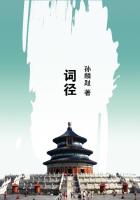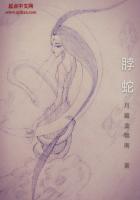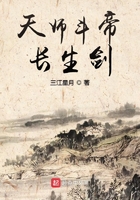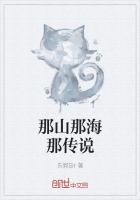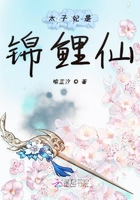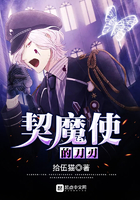Chicago is preeminently a city of mixed nationalities. It is our problem to learn to live together in forbearance and understanding and to fuse all the nations of men into the newest and, perhaps, the highest type of citizenship. To accept this responsibility may constitute our finest contribution to the problems of American life, but we may also wantonly and easily throw away such an opportunity by the stirring up of race and national animosity which is so easily aroused and so reluctantly subsides.
Third, there is the spirit of materialism which controls the city and confirms the belief that, after ( 142) all, brute force, a trial of physical strength, is all that counts and the only thing worthy of admiration. Any check on the moral consciousness is paralyzed when the belief is once established that success is its own justification. When the stream of this belief joins the current of class interest, the spirit of the prize fighters' ring which cheers the best round and worships the winner, becomes paramount. It is exactly that which appeals to the so-called "hoodlum," and his sudden appearance upon the street at such times and in such surprising numbers demonstrates that he realizes that he has come to his own. At the moment we all forget that the determination to sacrifice all higher considerations to business efficiency, to make the machine move smoothly at any cost, "to stick at nothing," may easily make a breach in the ethical constitution of society which can be made good only by years of painful reparation.
Fourth, there is the effect upon the children and the youth of the entire city, for the furrow of class prejudice, which is 50 easily run through a plastic mind, often leaves a life-long mark. Each morning during the long weeks of the strike, thousands of children at the more comfortable breakfast tables learned to regard labor unions as the inciters of riot and the instruments of evil, thousands of children at the less comfortable ( 143) breakfast tables shared the impotent rage of their parents that "law is always on the side of capital," and both sets of children added to the horrors of Manchuria and Warsaw, which were then taking place, the pleasurable excitement that war had become domesticated upon their own streets. We may well believe that these impressions and emotions will be kept by these children as part of their equipment in life and that their moral conceptions will permanently tend toward group moralities and will be cast into a coarser mold.
In illustration of this point I may, perhaps, cite my experience during the Spanish War.
For ten years I had lived in -a neighborhood which is by no means criminal, and yet during October and November of 1898 we were startled by seven murders within a radius of ten blocks. A little investigation of details and motives, the accident of a personal acquaintance with two of the criminals, made it not in the least difficult to trace the murders back to the influence of the war. Simple people who read of carnage and bloodshed easily receive suggestions. Habits of self-control which have been but slowly and imperfectly acquired quickly break down when such a stress is put upon them.
Psychologists intimate that action is determined by the selection of the subject upon which ( 144) the attention is habitually fixed. The newspapers, the theatrical posters, the street conversations for weeks, had to do with war and bloodshed. Day after day, the little children on the street played at war and at killing Spaniards. The humane instinct, which keeps in abeyance the tendency to cruelty, as well as the growing belief that the life of each human being, however hopeless or degraded, is still sacred, gives way, and the more primitive instinct asserts itself.
There is much the same social result during a strike, in addition to the fact that the effect of the prolonged warfare upon the labor movement itself is most disastrous. The unions at such times easily raise into power the unscrupulous "leader," so- called. In times of tumult, the aggressive man, the one who is of bellicose temper, and is reckless in his statements, is the one who becomes a leader. It is a vicious circle -- the more warlike the times, the more reckless the leader who is demanded, and his reckless course prolongs the struggle. Such men make their appeal to loyalty for the union, to hatred and to contempt for the "non-union" man. Mutual hate towards a non-unionist may have in it the mere beginnings of fellowship, the protoplasm of tribal fealty, but no more. When it is carried over into civilized ( 145) life it becomes a social deterrent and an actual menace to social relations.
In a sense it is fair to hold every institution responsible for the type of man whom it tends to bring to the front, and the type of organization which clings to war methods must, of course, consider it nobler to yield to force than to justice. The earlier struggle of democracy was for its recognition as a possible form of government and the struggle is now on to prove democracy an efficient form of government. So the earlier struggles of trades unions were for mere existence, and the struggle has now passed into one for a recognition of contractual relations and collective bargaining which will make trades unions an effective industrial instrument. It is much less justifiable of course in the later effort than it was in the earlier to carry on the methods of primitive warfare.
This new effort, however, from the very nature of things, is bringing another type of union man into office and is modifying the entire situation.


